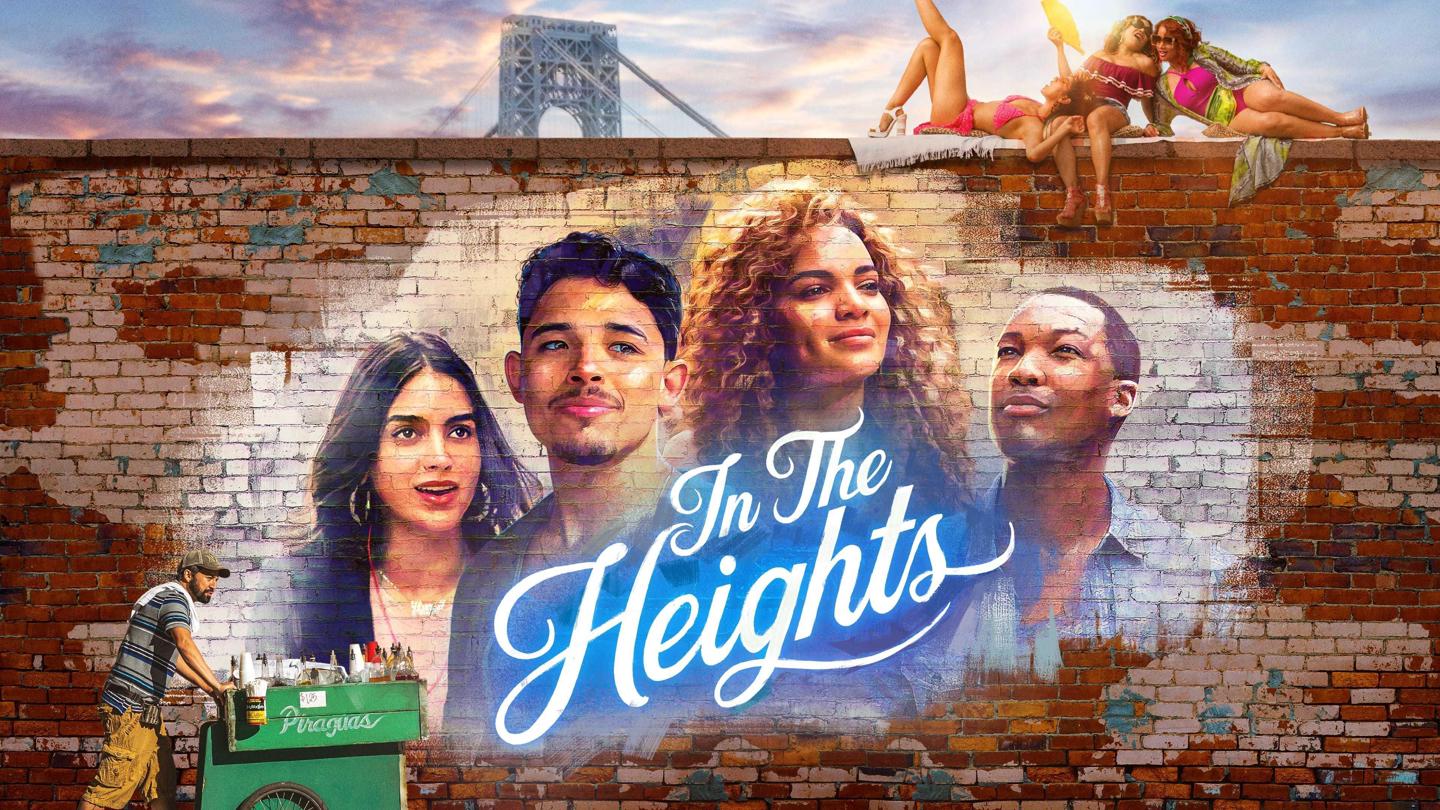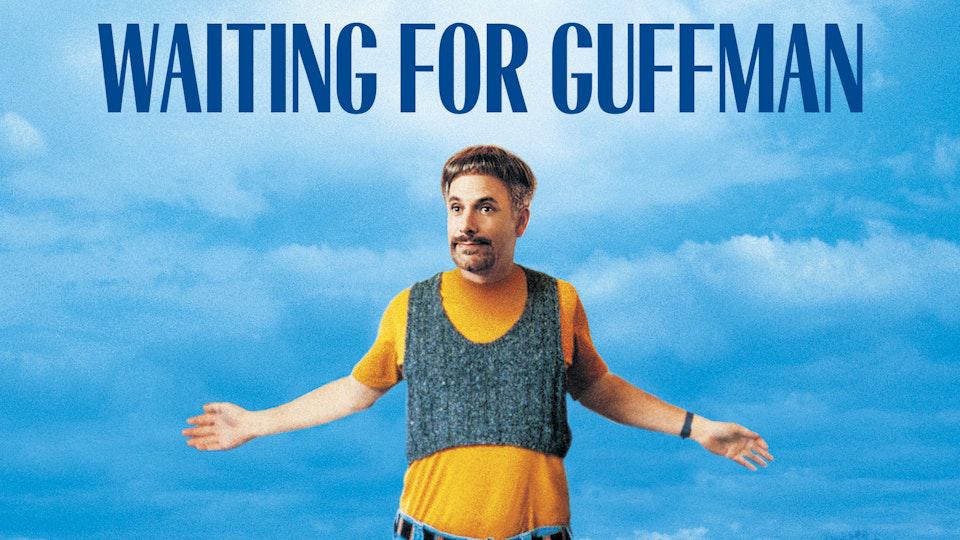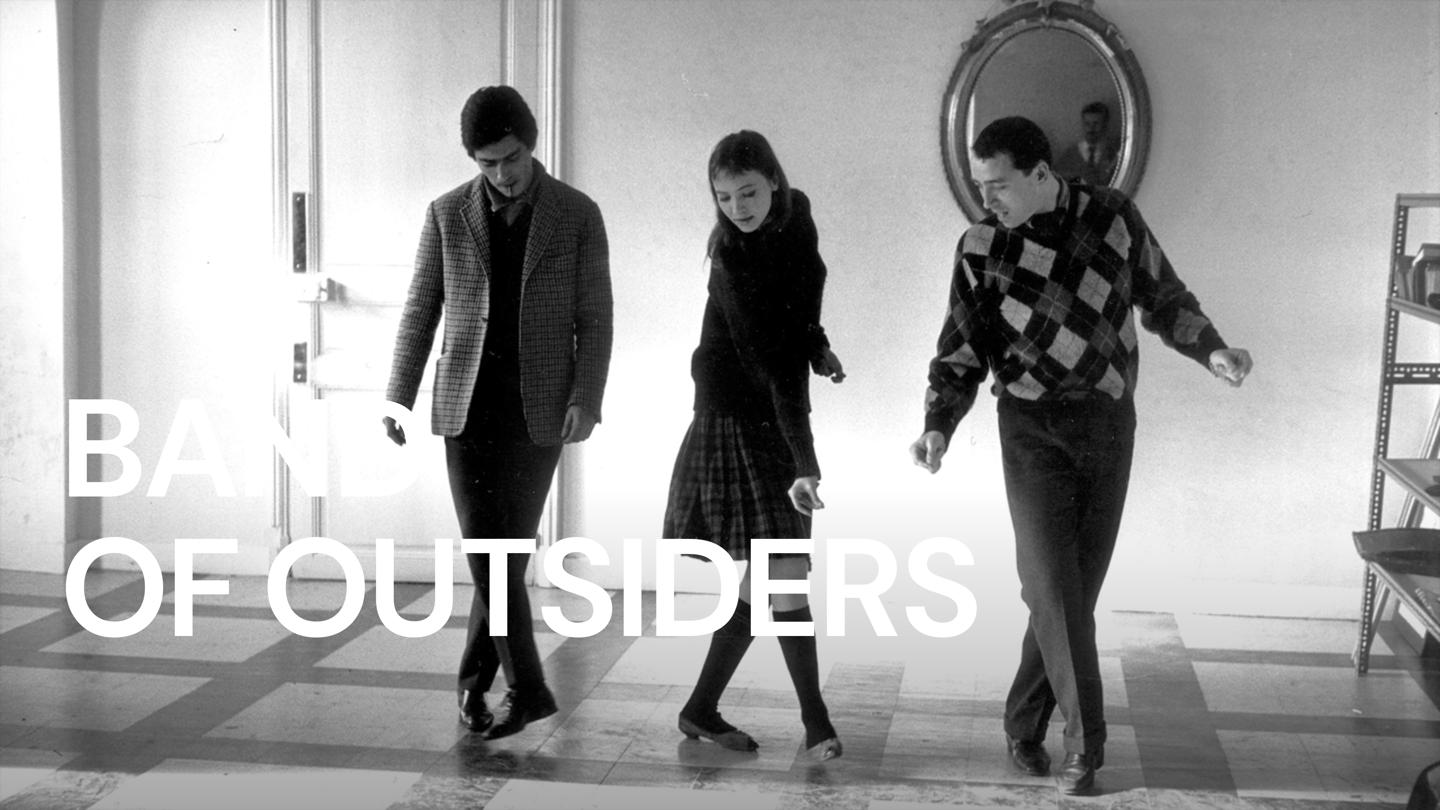
Quick Info
I finally got around to watching “In the Heights” after meaning to for literal years. I’m glad I waited until the hype simmered down, because what a fascinatingly mixed bag it is. If you don’t know, this is the film version of Lin-Manuel Miranda’s Broadway musical (pre-Hamilton era), set over a few days in a Dominican neighborhood of Washington Heights in New York. We follow Usnavi (Anthony Ramos), the bodega guy with a big heart and even bigger dreams, along with a suite of characters just trying to make it in a city that never stops pressing in from all sides.
Let me start with the good stuff: the energy in this movie is so infectious that sitting still feels impossible. The musical numbers are massive, bursting with color and choreography that treats the block like a playground. “96,000” in particular is a wild poolside sequence that I replayed just to see all the clever, coordinated movement. Honestly, it’s the kind of spectacle musicals should aim for more often. The camera actually lets you see the dancing, instead of chopping everything up in frantic MTV cuts. Director Jon M. Chu gets the bigness of it all — and he lets it breathe.
Performance-wise, Anthony Ramos is ridiculously charismatic, carrying Usnavi’s awkward sincerity and low-key sadness like it’s an old baseball glove he’s worn his whole life. Melissa Barrera (Vanessa), Corey Hawkins (Benny), and Olga Merediz (Abuela Claudia) all make their characters pop with distinct warmth. There’s real affection between them in every scene. But the true scene stealer is Merediz, whose quiet depth honestly made me tear up. She gives the whole thing its emotional spine, and she does it with what feels like minimal effort.
That said, the film bites off a little more than it can chew emotionally. There are loads of conflicts and subplots swirling — generational pressure, gentrification, dream-chasing, romance, the big-deal blackout — but a lot of them get the broad-brush treatment. “In the Heights” wants to touch on The Big Issues, but it isn’t always brave enough to sit in the messiness of them. The film keeps one toe in fantasy and the other trying to say something potent about community and loss. Sometimes, that blend works. Other times, it feels thin.
Tonally, I think Chu’s glossy optimism fits most scenes, yet in moments where the script gestures at hardship or real stakes, the brightness nearly washes it out. There’s a whole subplot about rising rents and families getting forced out, for instance, but you never really feel the anxiety or pain in any lasting way. The closest it gets is in the stories the characters tell each other, but even then, the film’s determined shine veers toward magical realism and away from real consequence.
Pacing is a weird beast here. The first hour is absolutely electric — song stacked on song, brisk edits, scene after scene alive with possibilities. Then it sort of loses focus after the blackout and spends maybe thirty minutes meandering. There are lots of heartfelt moments, but I caught myself checking the time, wondering how much was left. The momentum drains and then has to claw its way back for the finale, which… kind of fizzles out in comparison to how everything kicked off.
Visually, it’s a treat: stylized sun flares, saturated color, summer sweat practically sticking to the lens. But that same look also makes the film feel oddly “clean.” Even in hard times, everyone’s skin glows, and the streets look more like the backlot than, say, the grit of the real Heights. It’s less an authentic snapshot than a love letter written in neon, and while that’s nice, it left me feeling a step removed.
My biggest gripe, which I can’t really ignore, is how much depth is sacrificed for big, bright musical fantasy. Don’t get me wrong: I love spectacle, and musicals should be bigger than life. But when every emotional reveal gets swept aside for the next perfectly staged musical number, you start to question what’s at risk for these characters beyond a few wistful monologues. By the end, I didn’t feel as wrung out as I wanted, just sort of warmed up.
The R8 Take
A vibrant, joy-forward musical with killer choreography and heart, but it trades away too much narrative depth in favor of cheer. If you like La La Land or Dreamgirls you’ll probably smile through it — but maybe not think about it much after.



